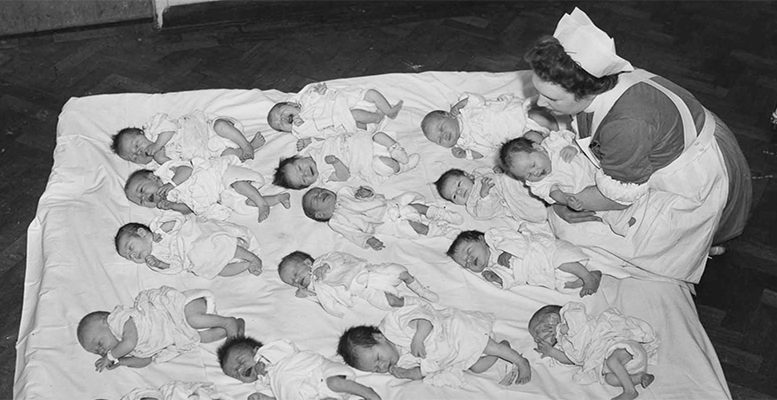
At Public Books, anthropologist Hadas Weiss reviews three recent scholarly books that deal with the notion of “human capital,” which measures the development and worth of individuals in economic terms: The Economization of Life by Michelle Murphy, Accounting for Capitalism: The World the Clerk Made by Michael Zakim, and How We Became Our Data: A Genealogy of the Informational Person by Colin Koopman. As Weiss writes, these books demonstrate in different ways that the concept of human capital reduces human complexity to numbers and neglects many of the things we value most about life. Check out an excerpt below.
The term “human capital” suggests that we create ourselves as social beings, and that society recognizes the outcomes of our self-making by assigning them a value. This value, like any other, can be exchanged for commodities and services of equal value. We see this whenever we apply for jobs—and in numerous social occasions, as well—as we’re assessed according to the value of our accomplishments. We spend our lives investing in skills and connections in a bid to make this value high. These skills and connections are the first things we think about when we assert our humanity. So, we are blindsided when we’re assigned negative value—when we become a risk, a drain, a problem of a life gone on too long.
What to do about human capital? One way to combat this disillusion is by reflecting on the political and economic goals that the notion of human capital was designed to fulfill. The books reviewed here show that we cannot fully understand ourselves as possessing and wielding human capital without pondering the system that inscribes us with value and controls its use.
Image via The Corner.